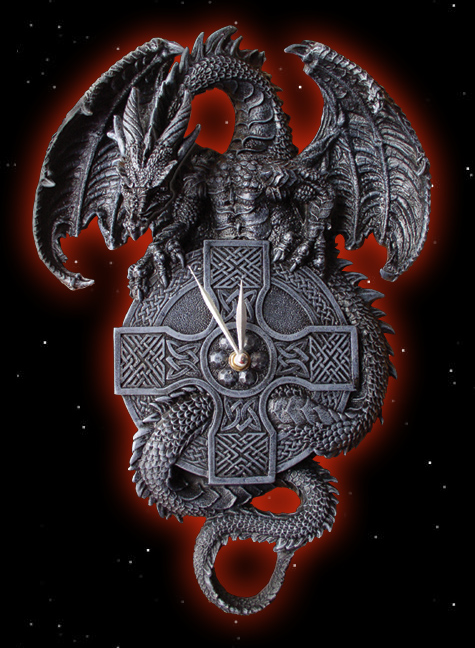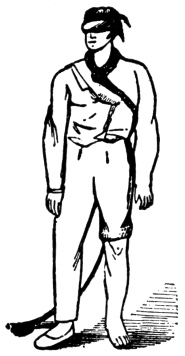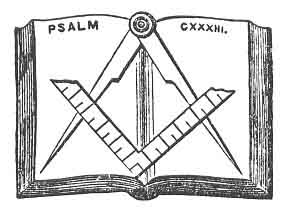To this table he is to subjoin a second, explaining the same objects with respect to his father, his mother, and all their other children. He is to be very explicit with respect to the education they received, to their passions and prejudices, to their strong and weak sides.
We will exemplify this second table by an extract from the Original Writings, by which the reader will perceive that parents are not very much favoured—”The Novice, Francis Antony St . . . . . aged 22, represents his father as violent, and of soldierlike manners; his mother as a little avaricious; the weak side of both to be flattery and interest; both living after the old fashion, and with an antiquated frankness; in their devotion, headstrong, arrogant; with difficulty abandoning an ill-conceived project, and still more unforgiving to their enemies; that they nevertheless were little hated, because little feared; and hardly in the way of doing any body any harm.”
While the Novice is thus occupied in revealing all his secrets, and those of his family, the Insinuator on his side is drawing up a new statement of every thing he has been able to discover during the whole time of his pupil’s trial, either with respect to him or to his relations.
On comparing the two statements, should the superior approve of the admission of the Novice to the last proofs, he is then to answer the grand questions. It is by these questions that the Novice is to judge of the extent of the sacrifice he is about to make, and of the awful subjection of his whole will, conscience, and person, to Illuminism, if he wishes to gain admittance.
The Questions are twenty-four in number, and couched in the following terms:
p. 434
I. Are you still desirous of being received into the Order of the Illuminees?
II. Have you seriously reflected on the importance of the step you take, in binding yourself by engagements that are unknown to you?
III. What hopes do you entertain, or, by what reasons are you induced to enter among us?
IV. Would you still persevere in that wish, though you should find that we had no other object or advantage whatever in view but the perfection of mankind?
V. What would be your conduct should the Order be of new invention?
VI. Should you ever discover in the Order any thing wicked, or unjust to be done, what part would you take; Wenn unanstandige, ungerechte sachen vorkamen, wie er sich verhalten wurde?
VII. Can you and will you look upon the welfare of the Order as your own?
VIII. We cannot conceal from you, that Members, entering into our Order without any other motive than to acquire power, greatness, and consideration, are not those whom we prefer. In many cases one must know how to lose in order to gain. Are you aware of all this?
IX. Can you love all the Members of the Order, even such of your enemies as may be members of it?
X. Should it so happen that you should be obliged to do good to your enemies who are of the Order, to recommend them, for example, or extol them; would you be disposed to do so?
XI. Do you, moreover, grant the power of life and death to our Order or Society? On what grounds would you refuse, or recognize in it such a right; Ob er dieser geselschaft, oder order auch das jus vitæ et necis, aus was grnden, oder nich zugestehe?
XII. Are you disposed on all occasions to give the preference to men of our Order, over all other men?
XIII. How would you wish to revenge yourself of any injustice, either great or small, which you may have received from strangers or from any one of our Brethren?
XIV. What would be your conduct should you ever repent of having joined our Order?
XV. Are you willing to share with us happiness and misfortune?
XVI. Do you renounce the idea of ever making your birth, employment, station, or power, serve to the prejudice or contempt of any one of the Brethren?
XVII. Are you, or have you any idea of becoming a Member of any other society?

Moe is the founder of GnosticWarrior.com. He is a father, husband, author, martial arts black belt, and an expert in Gnosticism, the occult, and esotericism.




